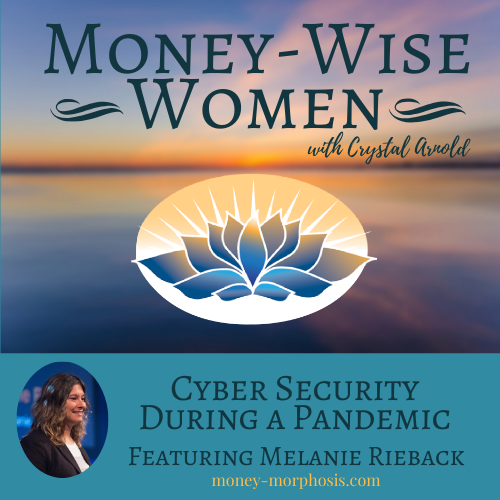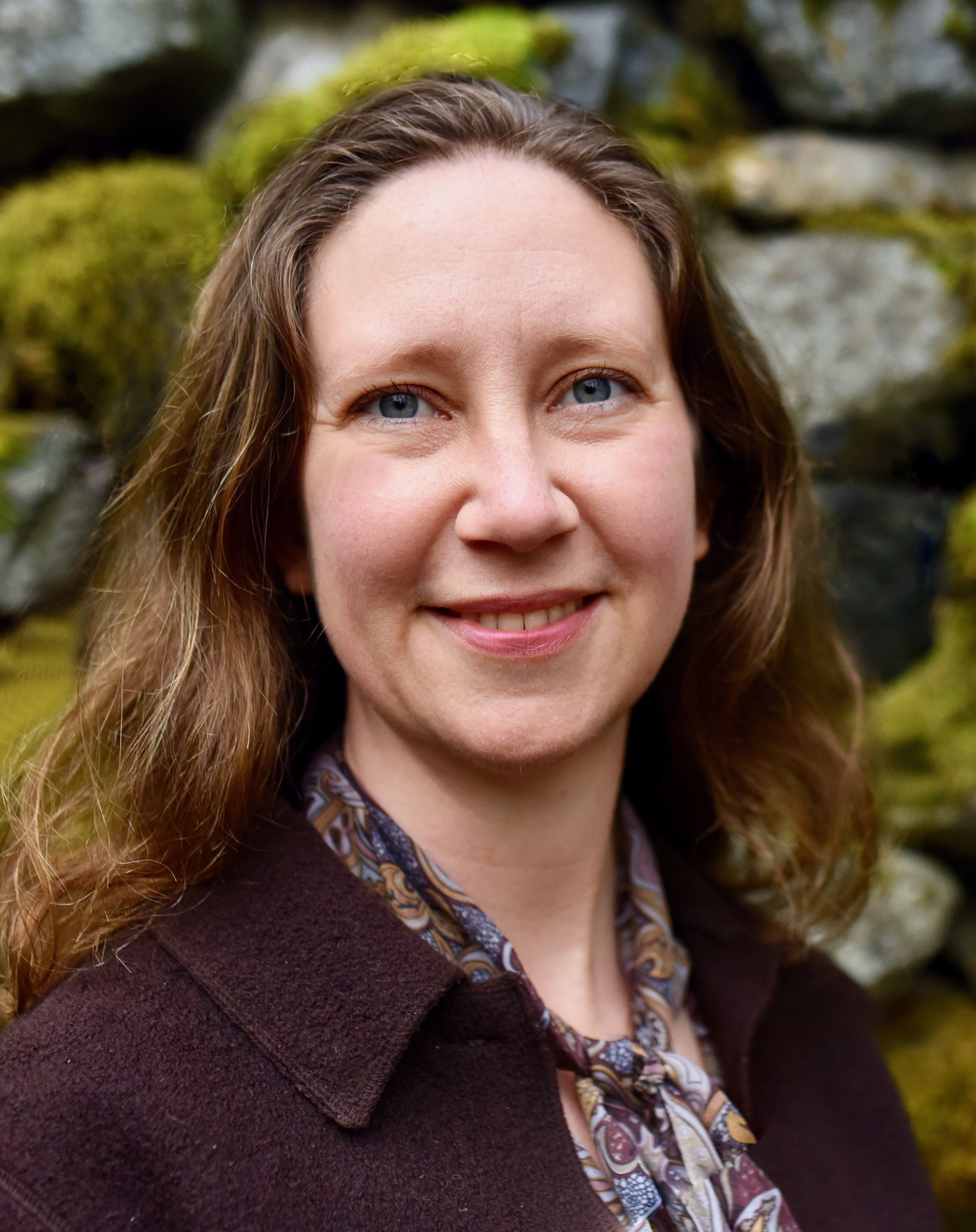As a result of the Covid-19 pandemic, electronic payment systems, telehealth, virtual conferencing, and other digital interactions are becoming increasingly important. Cyber security and the protection of individual identities and information is crucial. Open source, decentralized, and transparent structures are creating a safer computerized world.
Today’s “Money-Wise Women” guest is a leading digital security expert and post-growth educator. Dr. Melanie Rieback is CEO and co-founder of Radically Open Security, the world’s first not-for-profit computer security consultancy company. With forty other ethical hackers, she breaks into the networks and computers of companies, governments, and organizations to expose their vulnerabilities to them. In partnership with the University of Amsterdam’s Business School, she piloted the Post Growth Entrepreneurship class in 2019.
Why is a tech geek talking about how to run businesses without an economic-growth imperative?
Economic growth has become impossible to maintain because of the pandemic. The United States is estimating a 15-20% reduction of the GDP by the end of this year. Now more than ever, we need a non-extractive economy that provides what our families and societies need most, without wasteful excess.
This is no longer a hypothetical discussion about post-growth economics, it is our current reality.
Business education is being re-evaluated, and economic ideology is being adapted to reflect our current understanding of living systems. Melanie warns against the Silicon Valley model, the business cycle that takes venture capital and scales up, before wealthy investors exit in 3-5 years, with liquidation. The economic growth required to sustain this strategy is no longer here: the market bubble has burst.
This coronavirus pandemic has put screeching brakes on economic growth. The global post-growth movement includes leaders such as Kate Raworth, Tim Jackson, Jessica Gordon-Nembhard, and Donnie Maclurcan. These thinkers are helping to redefine how we view security, wealth, and success.

With a huge surge in Zoom Conference usage since the pandemic, there are growing concerns about privacy and security for meetings. Their encryption, management, and ethics with data are vulnerable. There have already been leaks of password data, allowing malicious intruders into meetings. The only more secure option is Jitsi. Melanie’s top two secure choices for text messaging, voice, and video are Signal and Wire. She also recommends using a no-script plug-in which can prevent malicious external script from executing on your computers, stop malware, and prevent tracking.
Electronic banking and money-transfer systems are becoming increasingly important through this crisis. Most Europeans are no longer using cash, because of the unacceptable health risk of contamination. With these technical and social developments, people are re-assessing risk reduction, both cyber risk and health risk. Melanie tells us to beware of bitcoin and cryptocurrencies, and she explains why in this talk last year.
As we adapt our lives and livelihoods, we are learning and reflecting on what is truly important. Instead of rebuilding an extractive economic system, we must implement policies that improve social and ecological well-being.
We have a once-in-a-lifetime chance to learn from this pandemic’s massive disruption of the economic status quo. The modern fixation on growth has created extreme inequality and environmental degradation. We can choose more resilient and adaptable systems of governance and exchange that are transparent and designed with respect for people and the planet. At the same time, we can improve the computer hardware and software that enhances our privacy and security.

Dr. Melanie Rieback is the CEO and co-founder of Radically Open Security, the world’s first non-profit computer security consultancy company. She is also a former assistant professor of computer science at the Free University of Amsterdam (VU) who performed RFID security research. She was also the head researcher in the CSIRT at ING Bank, where she spearheaded their analysis lab and the ING Core Threat Intelligence Project. She was one of the thirteen finalists for the EU Prize for Women Innovators in 2019.


